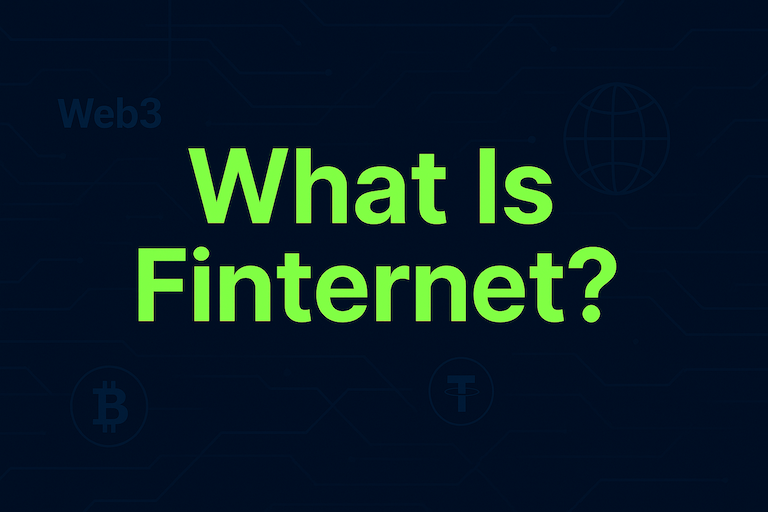How to Legally Exchange Crypto and Fiat in Hong Kong
Feb 19, 2025
In recent years, Hong Kong has emerged as a significant hub for cryptocurrency and blockchain technology. With the increasing popularity of digital assets, understanding the legal framework governing the exchange of crypto and fiat currency is crucial for individuals and businesses operating in this space. This blog post aims to provide a comprehensive overview of the regulations, guidelines, and best practices for legally exchanging cryptocurrencies and fiat in Hong Kong. It will discuss the licensing requirements, compliance obligations, and the importance of adhering to anti-money laundering (AML) and counter-terrorist financing (CTF) laws. By the end of this post, readers will have a clearer understanding of how to navigate the legal landscape of crypto exchanges in Hong Kong.
Regulatory Framework
The regulatory landscape for cryptocurrency exchanges in Hong Kong is primarily governed by the Securities and Futures Ordinance (SFO). This legislation outlines the legal obligations for businesses operating in the financial sector, including those dealing in digital currencies. In 2019, the Hong Kong Securities and Futures Commission (SFC) introduced a licensing regime for cryptocurrency exchanges that conduct activities involving securities. Understanding these regulations is essential for any entity wishing to operate within the legal framework.
In addition to the SFO, exchanges must also comply with the Anti-Money Laundering and Counter-Terrorist Financing Ordinance (AMLO). This law mandates that cryptocurrency exchanges implement robust customer due diligence procedures and report suspicious transactions. Compliance with these regulations not only protects the integrity of the financial system but also ensures that businesses can operate without legal hindrance.
The SFC provides guidelines on whether a particular digital asset is classified as a security.
Firms must apply for a license if they are involved in regulated activities concerning cryptocurrencies.
Exchanges must adhere to strict AML and CTF compliance requirements.
Regular audits and reporting to the SFC are mandatory.
Violations can lead to severe penalties, including fines and imprisonment.
Licensing Requirements
To legally operate a cryptocurrency exchange in Hong Kong, obtaining the necessary licenses is a critical step. The licensing process involves submitting an application to the SFC, which includes detailed information about the business model, operational practices, and compliance framework. Applicants must demonstrate that they have the necessary financial resources, technology, and personnel to comply with regulatory demands.
The SFC assesses applications based on several criteria, including the applicant's ability to manage risks associated with cryptocurrency trading. This process can take several months, highlighting the importance of thorough preparation before submission. Once a license is granted, exchanges must maintain compliance with ongoing regulatory requirements and be prepared for audits and inspections.
Applicants must provide a comprehensive business plan and risk assessment.
Background checks on directors and key personnel are conducted.
Adequate cybersecurity measures must be in place to protect user funds.
Exchanges are required to establish an internal compliance team.
Continuous adherence to regulatory changes is essential for maintaining the license.
Compliance Obligations
Once licensed, cryptocurrency exchanges in Hong Kong must adhere to strict compliance obligations to ensure the integrity of their operations. These obligations include implementing effective AML and CTF measures, which are designed to prevent financial crimes. Exchanges are required to conduct thorough customer due diligence (CDD) on all users, including verifying identities and assessing the source of funds.
Ongoing monitoring of transactions is also crucial to detect any suspicious activities. Exchanges must have systems in place to flag unusual transactions and report them to the authorities. Failure to comply with these obligations can result in significant legal consequences, including hefty fines and the revocation of licenses.
Establishing a robust AML policy is a fundamental requirement.
Regular training for staff on compliance and regulatory updates is necessary.
Transactions must be monitored in real-time for suspicious activities.
Reporting protocols for suspicious transactions must be well-defined.
Non-compliance can lead to severe penalties and damage to reputation.
Best Practices for Users
For individuals and businesses looking to exchange crypto and fiat legally in Hong Kong, adhering to best practices is essential. First and foremost, users should ensure they choose a licensed exchange to conduct their transactions. This not only provides a layer of security but also ensures compliance with local regulations.
Additionally, users should familiarize themselves with the risks associated with cryptocurrency trading. This includes understanding market volatility and the potential for loss. Keeping detailed records of all transactions is also advisable, as it aids in tax reporting and compliance with regulatory requirements.
Always verify that the exchange holds a valid license from the SFC.
Use strong security measures, such as two-factor authentication.
Educate yourself on the legal implications of trading cryptocurrencies.
Maintain thorough records of all transactions for future reference.
Consider consulting with legal or financial professionals for guidance.
Conclusion
Navigating the legal landscape of cryptocurrency exchanges in Hong Kong requires a keen understanding of the regulatory framework, licensing requirements, and compliance obligations. As the market continues to evolve, it is vital for both businesses and users to stay informed about the latest developments in regulation. By following best practices and adhering to legal requirements, individuals and businesses can engage in cryptocurrency exchanges with confidence, ensuring a secure and compliant trading environment.
Start your safe cryptocurrency journey now
Fast and secure deposits and withdrawals, OSL safeguards every transaction !


